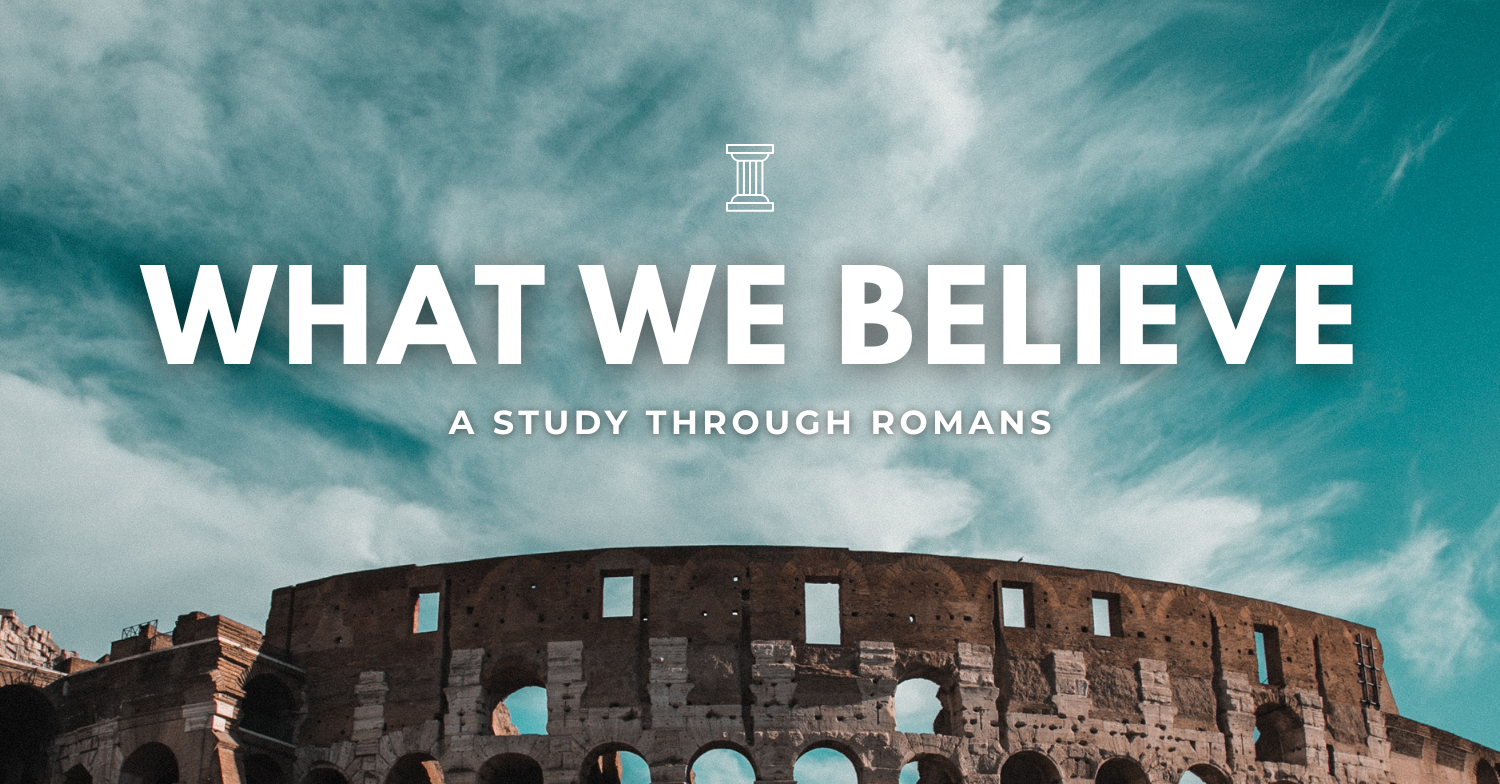The Depth of God's Love


“…and hope does not put us to shame, because God’s love has been poured into our hearts through the Holy Spirit who has been given to us. For while we were still weak, at the right time Christ died for the ungodly. For one will scarcely die for a righteous person—though perhaps for a good person one would dare even to die—but God shows his love for us in that while we were still sinners, Christ died for us.” (Romans 5:5-8, ESV)
Pastor Abel’s sermon on this passage is titled “Enemies as Gifts”.
As Christian’s, we don’t call ourselves sinners because it makes us feel good. It doesn’t make us happy to say, along with the Scriptures, that humanity is broken and needs a savior. We say it because it is true.
And that fact, that we are broken enemies of God in our natural state, makes the reality of God’s love for us that much more powerful. We aren’t manufacturing a good feeling by claiming that God loves us. We aren’t consoling ourselves due to some deeply suppressed insecurity, as though the gospel were a mere psychological trick to boost self-esteem.
Here is the truth that, when really believed, changes everything: We really are helpless wretches, and God really does love us.
Notice that God’s love is not just an emotion but is demonstrated through action. Christ died for us, to save us from our miserable state and sin. The word here is ἀγάπη (agapē) in Greek which means a selfless, sacrificial desire to bring about what is best for someone.
In 1 John 3:16, the Apostle John holds up the example of Christ’s sacrificial act as the highest ideal of love and the standard by which we are to love one another. He says, “We know love by this, that He laid down His life for us; and we ought to lay down our lives for the brethren” (NASB).
When we truly understand our sinful state and really see the power of God’s love for us, it transforms and empowers us to love others with the very same love that God has poured into our hearts.
For Further Study
- Read and reflect on 1 John 4:7-12 and Ephesians 2:1-5.
- Consider reading this article on how to cultivate a richer awareness of God’s love in our lives: “How Do We Know and Feel God’s Love?” by Jeremy Linneman
Small Group Questions
- If applicable, discuss a time in your life when, in either a small way or a large way, someone said or did something for you that not only made you feel loved by that person but also loved by God. What caused that feeling?
- What are things that distract us from living in the awareness of God’s love for us?
- Read 1 Corinthians 13 as a group and discuss how the characteristics of biblical love are specifically seen in what Jesus did for us in his life and death.
- What are some practical steps we can take to be more loving toward others this week?
- In the sermon, Pastor Abel asked us to reflect on who we can make an effort to love, despite it being difficult to love them. Has God put such a person on your heart? Discuss how you will try to love that person with your group if applicable.